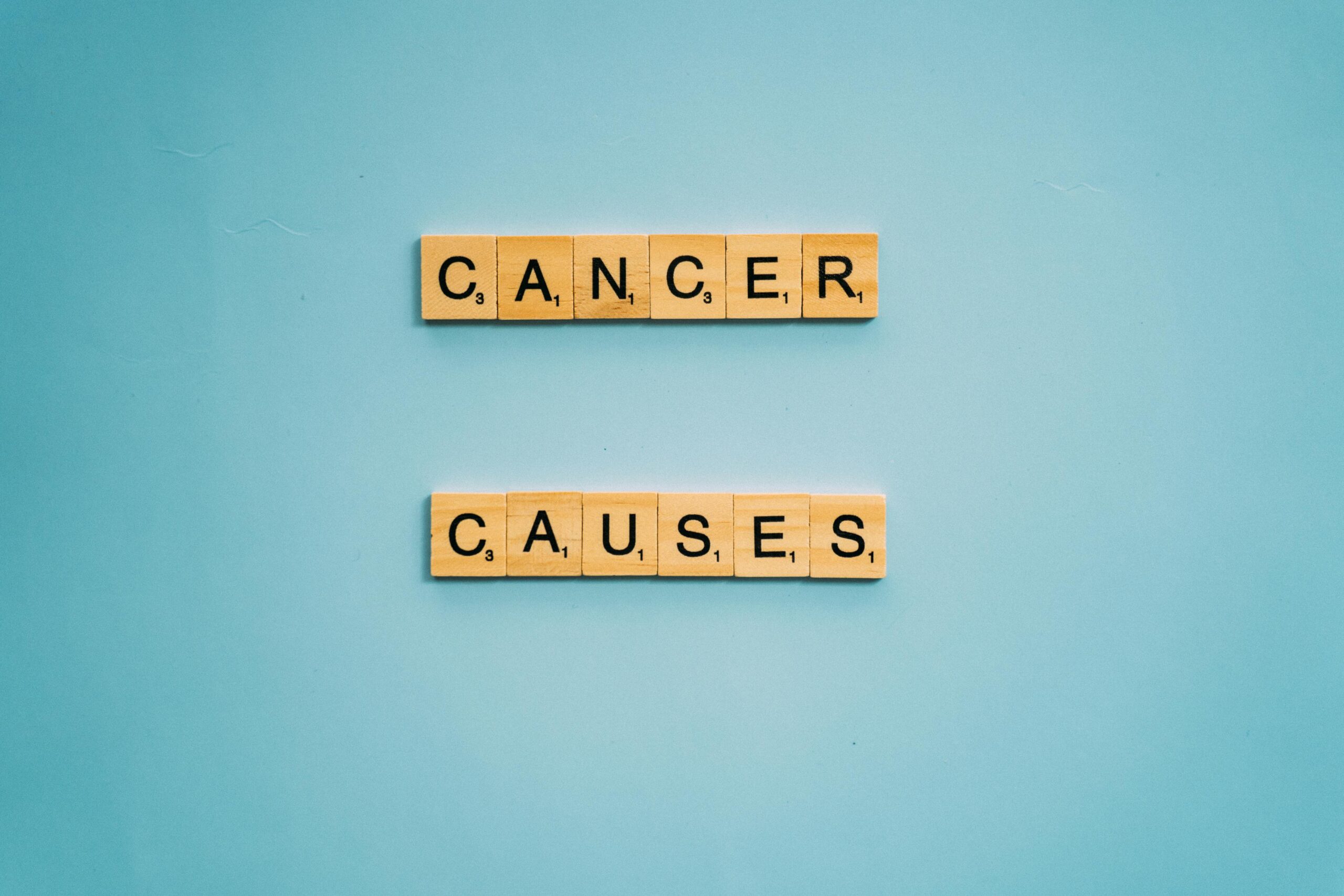Causes of Cancer: An In-Depth Understanding
Cancer is a complex group of diseases characterized by uncontrolled cell growth and spread to other parts of the body. It remains one of the leading causes of death worldwide. The causes of cancer are multifaceted and can be attributed to various factors, including genetic, environmental, and lifestyle influences. Understanding these causes is crucial in the fight against cancer, as it helps in prevention, early detection, and the development of effective treatments.
- Genetic Factors Genetics plays a significant role in the development of certain types of cancer. Inherited mutations in genes can predispose individuals to various cancers. For instance, mutations in genes like BRCA1 and BRCA2 are linked to an increased risk of breast and ovarian cancers. These inherited mutations can be passed down from parents to children, and individuals carrying these genetic mutations may develop cancer at an earlier age. However, not all cancers are hereditary, and environmental factors also play a key role.
- Environmental and Occupational Exposures Environmental factors, including exposure to carcinogens, can significantly contribute to cancer development. Carcinogens are substances that can cause cancer by altering the genetic material of cells. Common environmental carcinogens include tobacco smoke, asbestos, and air pollution. For instance, prolonged exposure to tobacco smoke is the leading cause of lung cancer. Similarly, occupational exposure to chemicals like benzene and vinyl chloride has been linked to cancers such as leukemia and liver cancer.
- Lifestyle Factors Lifestyle choices are crucial in determining cancer risk. Poor dietary habits, lack of physical activity, and excessive alcohol consumption have been shown to increase the likelihood of developing certain cancers. A diet high in processed foods, red meat, and unhealthy fats has been linked to cancers such as colorectal cancer. Conversely, a diet rich in fruits, vegetables, and whole grains can reduce cancer risk. Physical inactivity is also a known risk factor, as it contributes to obesity, which in turn increases the risk of cancers like breast, colon, and endometrial cancers. Excessive alcohol consumption can increase the risk of cancers of the liver, mouth, throat, and esophagus.
- Infections and Viruses Certain infections can also play a role in cancer development. Human papillomavirus (HPV) is a well-known virus associated with cervical cancer, while hepatitis B and C infections are linked to liver cancer. Other viruses, such as Epstein-Barr virus and HIV, are also associated with an increased risk of specific cancers. Vaccines and antiviral treatments can help reduce the risk of cancer caused by these infections.
- Age and Gender Age is another important factor in cancer risk. As individuals age, the accumulation of genetic mutations increases, making older adults more susceptible to cancer. The risk of developing cancer rises significantly after the age of 50. Gender also plays a role in cancer incidence, as some cancers are more common in men, such as prostate cancer, while others, like breast cancer, are more prevalent in women.
- Radiation Exposure Exposure to certain types of radiation, such as ultraviolet (UV) rays from the sun or ionizing radiation from medical treatments, can damage DNA and lead to cancer. Skin cancer, including melanoma, is strongly associated with UV radiation, while leukemia and thyroid cancer have been linked to radiation exposure, particularly in individuals exposed to nuclear accidents or radiation therapy.
- Immune System and Inflammation Chronic inflammation and a weakened immune system can also contribute to cancer development. Conditions such as chronic infections or autoimmune diseases can lead to persistent inflammation, which may increase the likelihood of cancer.





